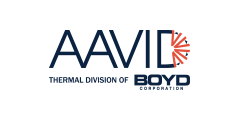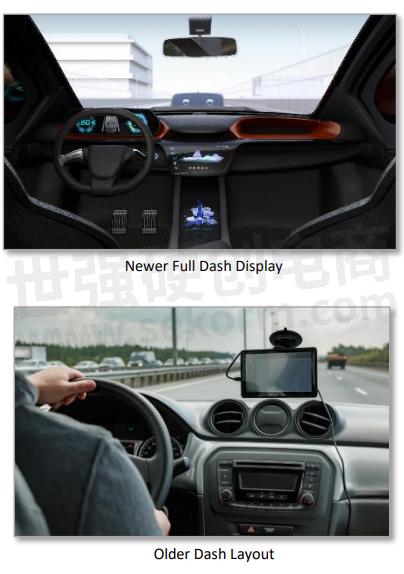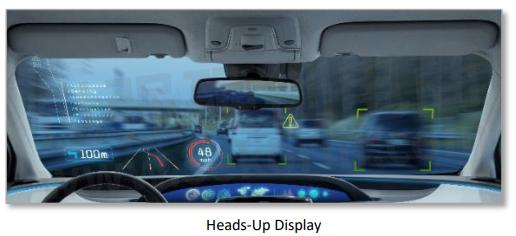3 Main Display Applications in E-mobility

The Automotive Industry is quickly changing with the evolution of Electric, Hybrid, and Autonomous Vehicles
as well as the increase of connectivity across the vehicle. These major market changes are prompting
disruptive technologies to evolve just as quickly. This is especially noticeable with smart technologies,
communications, and displays. Intuitive Display Technology is an especially quick evolving segment as it
expands beyond simple, traditional console displays and controls. The connectivity of everything within the vehicle has proliferated smart display technology
across most applications, with sophisticated user
preferences and expectations for a flawless and
rich visual experience with high-quality graphics,
visibility in any user environment, vivid colors, and
responsive touch. LCD, OLED, and smart displays
are taking over the entire dashboard and
augmenting additional applications throughout the vehicle like Heads-Up Displays (HUD), Smart
Mirrors, mirrors, Back Window Displays, Driver
Monitoring, and improved Human Machine
Interfaces (HMI) for enhanced safety and
marketable differentiation.

Multiple Integrated Displays work together to improve driver safety and connectivity
DISPLAY APPLICATIONS IN E-MOBILITY
Center Console/ Dashboard
Displays are replacing the entire dashboard with superior navigation and improved infotainment, safety, and preventative communication through smarter systems that are more responsive to users’ needs and vehicles' performance. The information available to drivers and passengers is exponentially increasing well beyond standard navigation. With increased connectivity and the introduction of advanced driver assistance systems (ADAS), drivers receive more up to date information regarding road, traffic, and system performance conditions as well as convenience features like where to stop along the road for charging or fuel stations.
Dashboards no longer contain predefined dials and buttons for a limited set of vehicle features, but rather sleek designs that allow drivers to view full diagnostics as well as easy access to more functionality and connectivity through the vehicle, providing a safer driving experience.

Heads-Up Displays (HUD)
These displays project information as a transparent overlay on the windshield allowing drivers to safely view data while not looking away from the road. HUD devices require streamlined, low-profile designs, performance optical films and adhesives, thermal management, and tight tolerance control to operate reliably and accurately.

Smart Mirrors / eMirrors / Rear & Side Mirrors
Smart Mirrors work with cameras to allow a 360 o view of the vehicle, eliminating blind spots and enabling Road Safety and Collison Warnings. They can record collisions and track damage incidents as well as provide improved views for auto-reverse parking.
These systems are especially helpful with larger vehicles such as semi-trucks where blind spots are a significant safety factor and a primary cause for accidents. Smart Mirrors can be used both on the sides and back of the vehicle to display full surroundings for improved safety.

- +1 Like
- Add to Favorites
Recommend
- 7.8-inch/10.13-inch Full-color E-paper LCD Displays Is Your Reading Ideal Companion
- The MTA Giotto Display for the Innovative Bobcat T7X Compact Track Loader
- 12“ Onboard Data Display Made by MTA forHolland‘s Tractors
- Black Hawk, The 8“ Display Stands Out for A Series of Sophisticated Technical Features Specific to Off-highway Use
- Leonardo, A Customizable Display Based on Android for Off-highway Applications
- Manitou Adopts the MTA Giotto and Leonardo Displays on Several of Its Telescopic Handlers for the Construction Market
- What is Air Gap Bonding?
- Flow Types in Aavid Genie: Ducted Versus Bypass Flow
This document is provided by Sekorm Platform for VIP exclusive service. The copyright is owned by Sekorm. Without authorization, any medias, websites or individual are not allowed to reprint. When authorizing the reprint, the link of www.sekorm.com must be indicated.





























































































































































































































































































































































































































































































































































































































































































































































































































































































